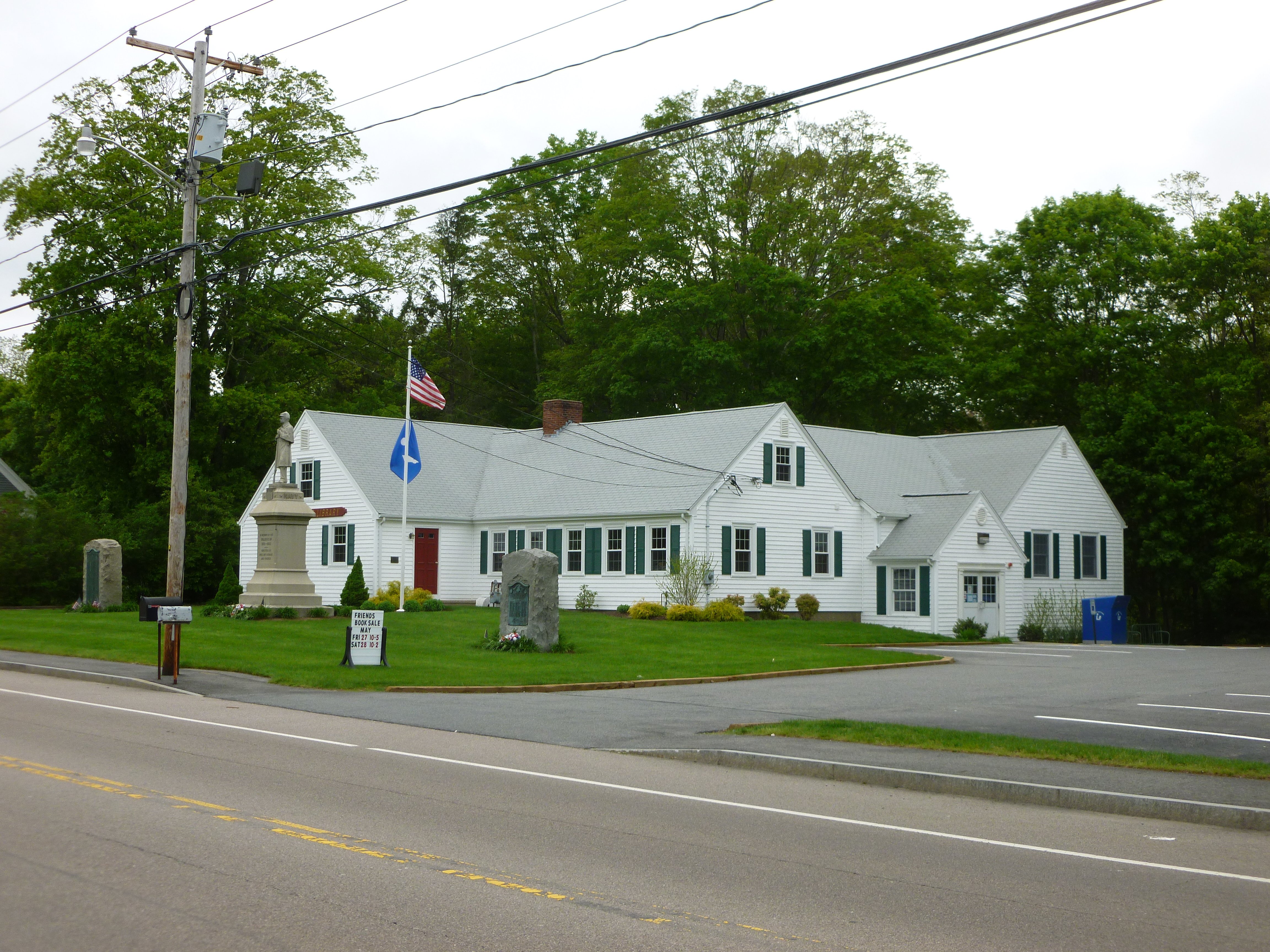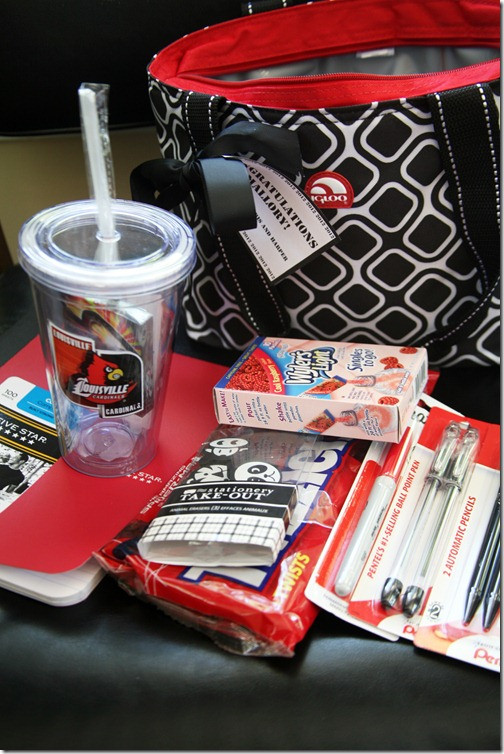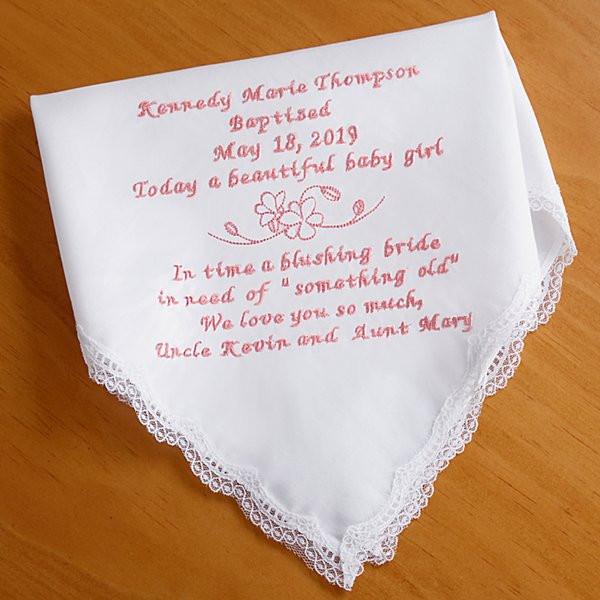Table of Content
Whether homeowners insurance covers pipe replacement isn’t the only question you should be asking. If you live near a mountain that contains shale and other loose rock, look into insurance that would cover avalanches or mudslides. When you wonder about does homeowners insurance cover plumbing repairs, you can not think about clogged pipes. In fact, the average cost of repairing the damage from faulty plumbing in the US is $17,250! It’s no surprise that you want to know does homeowners insurance cover plumbing repairs. Damage caused to sewer systems by tree roots is not covered by a standard homeowners insurance policy, nor is this damage covered by most home warranties.

Routine maintenance is seen as one of the many jobs by insurers, so insurance companies will not cover damages that were caused by a lack of upkeep. Unfortunately, for most homeowners, plumbing repairs typically aren’t covered because most come from a lack of maintenance and upkeep. While homeowners insurance covers water damage from burst pipes, it generally won’t cover the cost of replacing or repairing the pipes themselves. Your homeowners insurance policy should cover any sudden and unexpected water damage due to a plumbing malfunction or broken pipe. However, most home insurance policies exclude damage to your home that occurred gradually, such as a slow, constant leak, as well as damage due to regional flooding.
Does homeowners insurance cover water damage from leaking pipes?
Policies vary on whether they will cover a water leak caused by a broken pipe damaged by corrosion. Most policies won’t cover materials that corrode easily, such as cast iron. However, if you kept up on maintenance, the policy may cover the water damage. In most cases, homeowners insurance will cover the water damage caused by a plumbing problem but not the replacement of the plumbing itself, such as the pipes or the water heater. This type of coverage responds to the damages done to the structural elements of your home.

If you choose to investigate home warranties, be sure you understand the warranty's specifics, restrictions and any costs you may incur. If the cost to repair your damage is less than your deductible, it may not be worth it to file a claim—especially since filing a claim can affect the cost of your home insurance premium. For instance, if your plumbing problem caused damages requiring only minor repair but your home insurance deductible is $1,000, filing a claim may not make financial sense.
Types of Homeowners Insurance Policies
If your bathroom sink or washing machine has a minor leak, you’ll need to fix it yourself or hire a professional. Personal credit report disputes cannot be submitted through Ask Experian. To dispute information in your personal credit report, simply follow the instructions provided with it. Your personal credit report includes appropriate contact information including a website address, toll-free telephone number and mailing address. Other structure coverage – coverage that covers garages, sheds, and other structures on your property. Your septic system is covered as part of your other structures’ insurance.Generally, your other structures will have insurance coverage for 10% of what your home is insured for.
So if your hot water heater ruptures, damaging your floors and walls, this coverage can pay for drywall repair, new paint, crown molding and flooring replacement. Mold, fungus or wet rot that result from a sudden and accidental problem are also usually covered. Cover preventable water damage like gradual leaks or pipes that freeze up in an unheated home.
Does Homeowners Insurance Cover Lightning Damage?
The policy itself might also cover different types of water damage, so the answer to the question of “Does homeowners insurance cover water damage? As mentioned, top-down water damage like burst pipes is typically covered under standard policies. However, some policies also offer add-ons to cover sewer and drain backups, but this is a less common type of coverage.
Remember, homeowners insurance does not cover plumbing issues that stem from a lack of maintenance; this is just one instance of how homeowners insurance would not cover a plumbing problem. This means homeowners insurance would not typically replace the water heater or dishwasher that led to the damage in the first place. Insurers use the term “sudden and accidental” to refer to plumbing issues that are typically covered.
Solved! Does Homeowners Insurance Cover Plumbing?
In some cases, you must go through approved plumbing companies or submit multiple quotes. The insurance company will send you a check for the cost of the repairs. Homeowners insurance also generally won’t cover damage caused by normal wear and tear to the plumbing system or a lack of maintenance. Insurance companies will generally cover sudden water damage that results from a plumbing failure. Examples include a dishwasher that blows up, a pipe that bursts because of faulty materials or a water heater that catastrophically gives up the ghost. Homeowners insurance does not cover damage caused by gradual plumbing leaks, no matter how significant.
Flood insurance – flood insurance covers your home in the case of a flood and usually costs extra. Flood insurance does not cover damage caused by a plumbing flood – only natural occurrences. If you live in an area prone to flood damage, ask about the national flood insurance program. When the insurance does approve certain repairs, you will pay the deductible on the policy. The insurance company will then ask for quotes for the cost of the covered repairs.
A burst pipe, a toilet that won’t flush, or a kitchen sink that will not stop running, whatever it is, running water is only great when it runs when and where you want it to. All of these things are all things that probably need a plumber to fix, and all can easily cost a pretty penny. Fortunately, homeowners insurance can help to cover the cost of plumbing repairs if damages that happened were unavoidable, unexpected, and sudden. After you filed a claim, an insurance adjuster would come to your home to assess the damage. Your home insurance policy should cover any sudden and accidental water damage resulting from a plumbing failure, such as a burst pipe or ruptured water heater.

Corroded pipes are generally not covered by insurance, especially if they consist of old pipe materials such as cast iron or other material that corrodes quickly. Leaks from corroded pipes are only covered in certain sudden and unexpected situations not caused by your negligence. Prevent water damage before it happens and protect yourself financially by getting professional plumbing inspections every few years, and being careful about what you dispose of down the drain. Don’t forget that you can do proactive enzymatic drain cleaning as part of your annual plumbing maintenance routine, especially if you have older pipes. Did you run into an expensive plumbing issue and need to know if your insurance will help you cover the costs?
While sudden plumbing issues are typically covered by insurance, plumbing problems that occurred over time due to lack of maintenance may not be. For example, if a rusty pipe or leaky dishwasher hose bursts after years of neglect, your home insurance is unlikely to pay for the damage. The sudden failure of a well-maintained pipe going to your water heater may be covered, however. Home insurance is intended to help in emergencies, not to substitute for regular maintenance.
In most cases, your insurance will not cover the cost of pipe replacement.The exception occurs if you experience a burst frozen pipe from cold weather. Some policies might include details regarding if the pipes were properly heated, but others will be more forgiving and inclusive. To say that insurance covers plumbing isn’t a simple “yes” or “no” answer.



















